Coronavirus In Cats Treatment
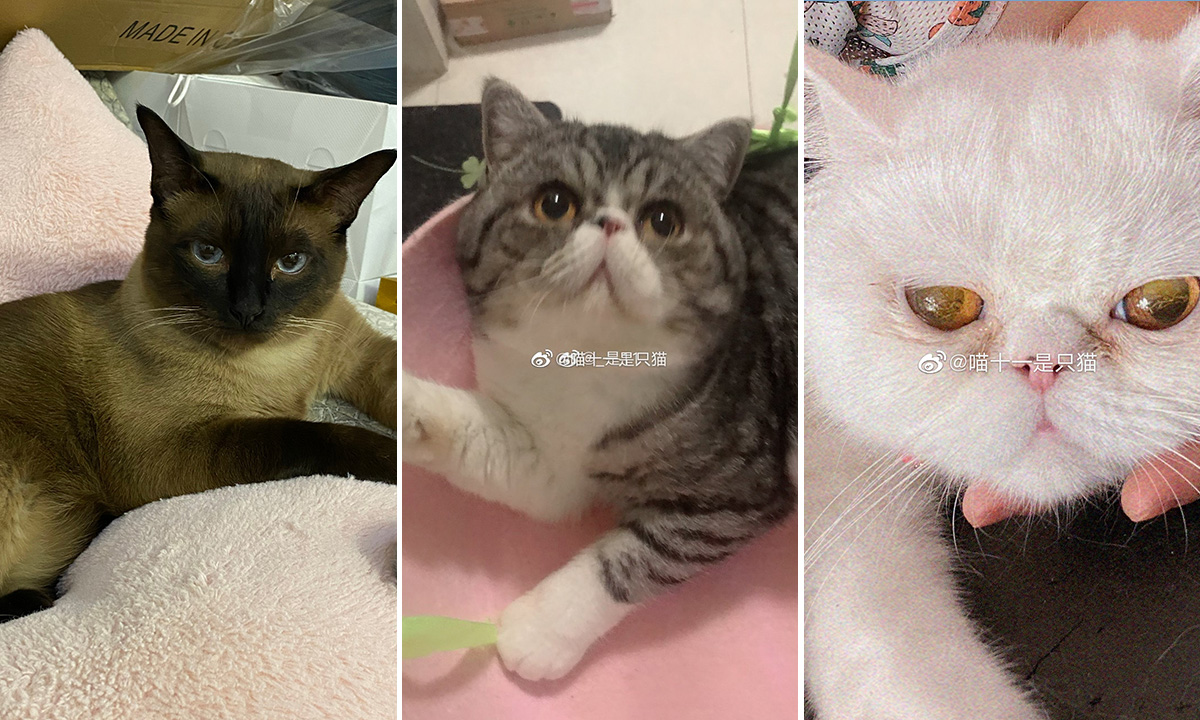
Fast-tracked research leads to Phase 1 clinical trials.
Coronavirus in cats treatment. As a precaution it is advised that owners should. The mild transient clinical signs of feline enteric coronavirus are unlikely to require therapy. Infection is often subclinical or characterized by transient mild GI illness in kittens.
Wash their hands thoroughly with soap and water before and after handling their pet or when touching their food or bedding. Preliminary studies suggest that two drugs that can treat an almost always fatal coronavirus disease in cats might also be effective against the human coronavirus responsible for the pandemic. Isolate as much as possible to prevent the virus from spreading.
Black market cure for cats with feline infectious peritonitis is illegal but is saving thousands of lives I didnt even know about FIP and 24 hours later Ive got these meds in. Feline coronavirus is typically shed in feces by healthy cats. Given the lack of transmission there are currently no plans to vaccinate cats against COVID-19.
Most people try treating the symptoms and hoping for a response in the cats immune system. Being a viral disease there is no treatment. University of Alberta researchers worked with SLAC X-ray scientists to explore the potential of a feline coronavirus drug that may be effective against SARS-CoV-2.
Researchers at the University of Alberta have shown that a drug used to treat deadly coronavirus infections in cats could potentially be an effective treatment against SARS-CoV-2 the virus behind the global coronavirus. Feline enteric coronavirus FECV is an enveloped single-stranded RNA virus that is highly prevalent worldwide in domestic cats. Cats domestic and large cats mink and dogs have tested positive for SARS-CoV-2 in the field setting following contact with humans known or suspected to be infected with SARS-CoV-2.
There is no cure for FIP so symptoms are managed as long as the cats quality of life is still good. Vaccination would be the treatment. Most cats do not require treatment but supportive care may be needed if signs are severe.

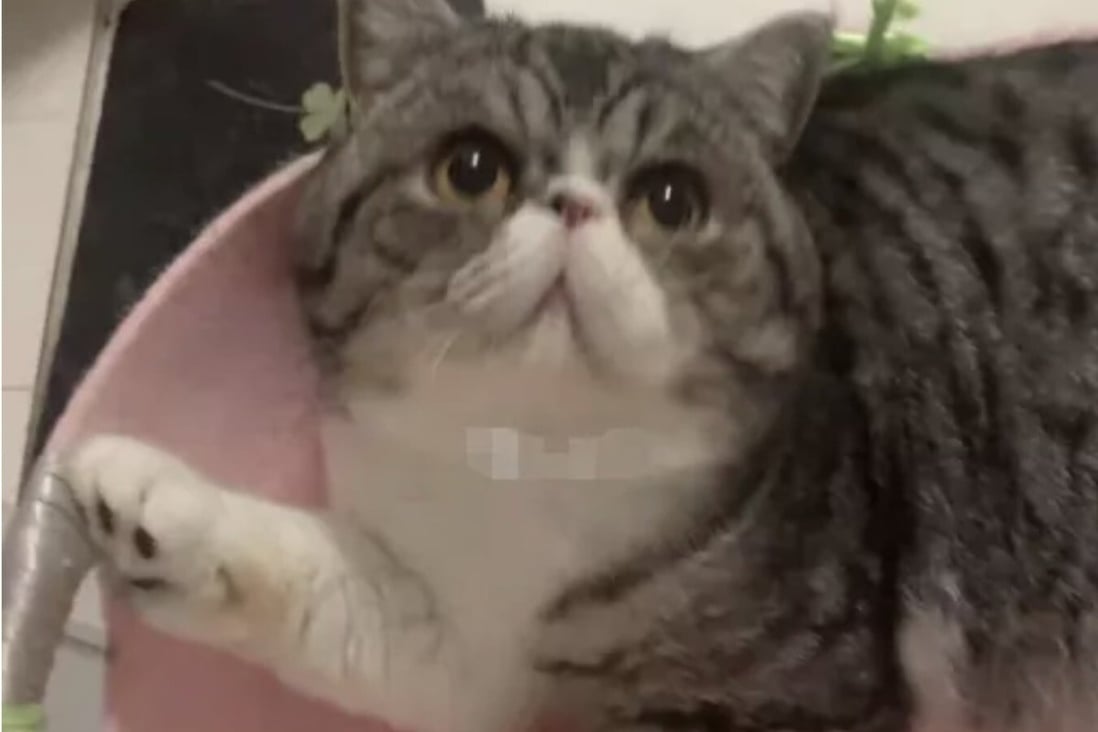
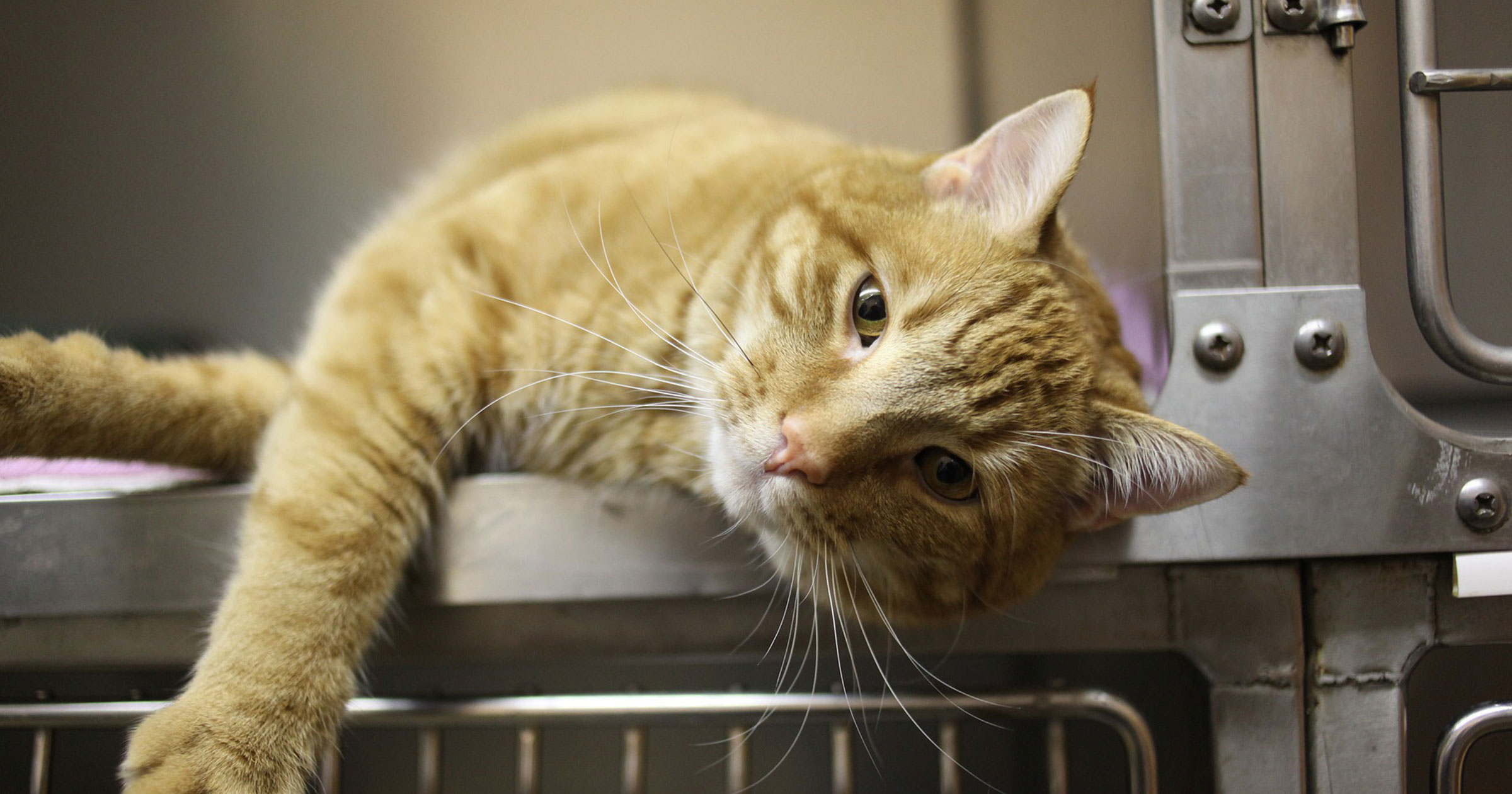


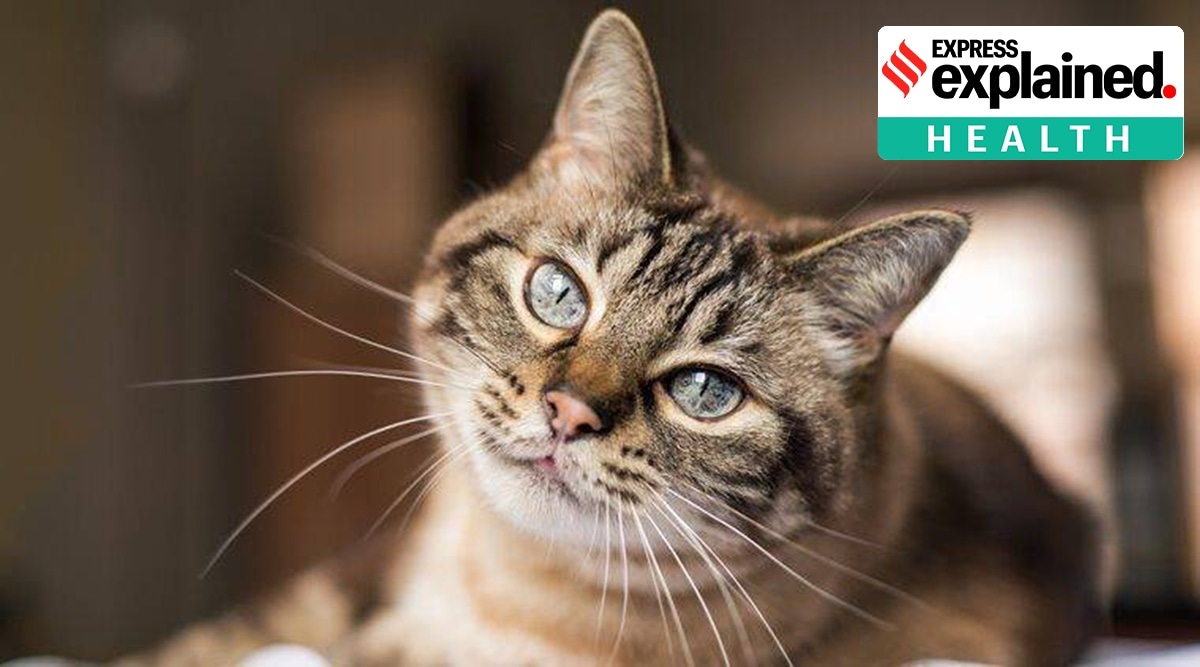
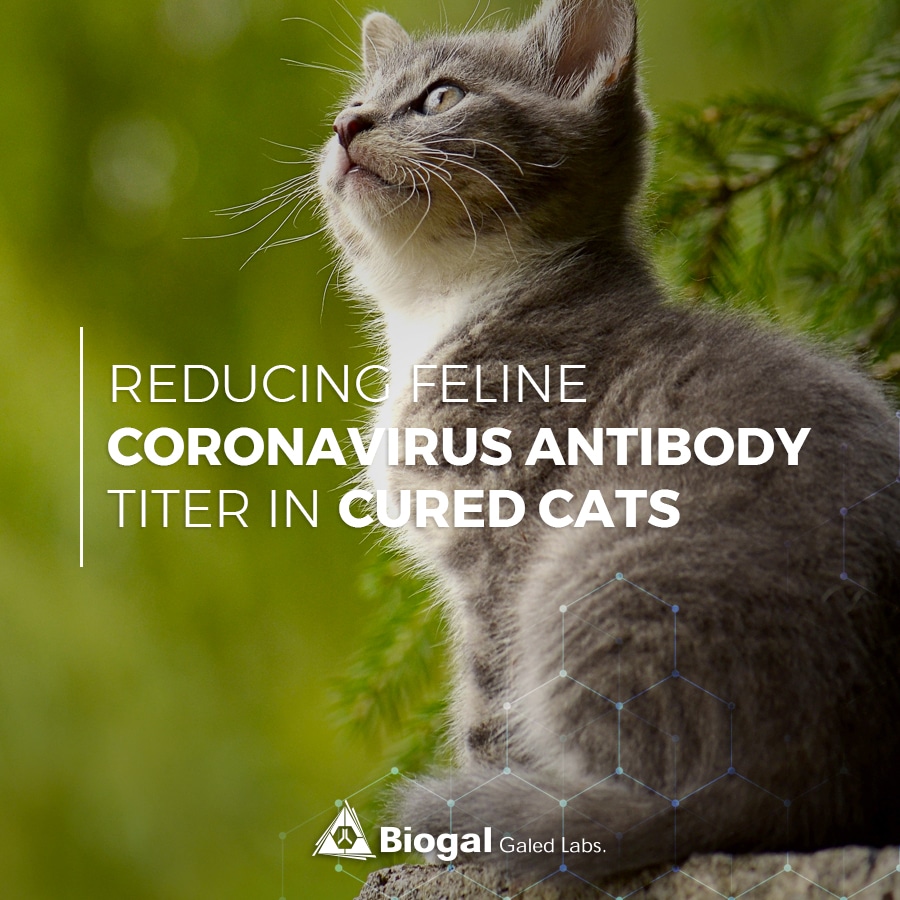
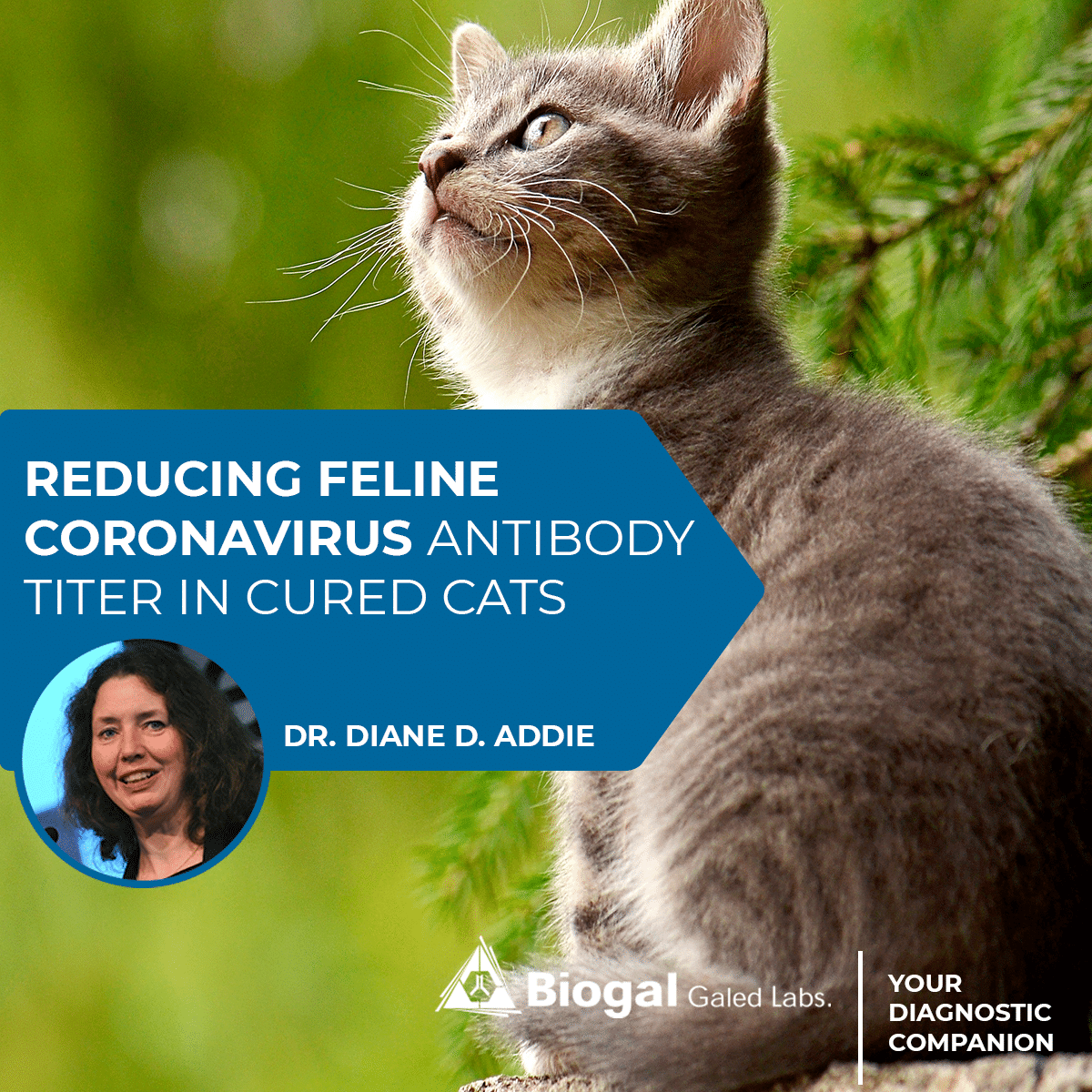
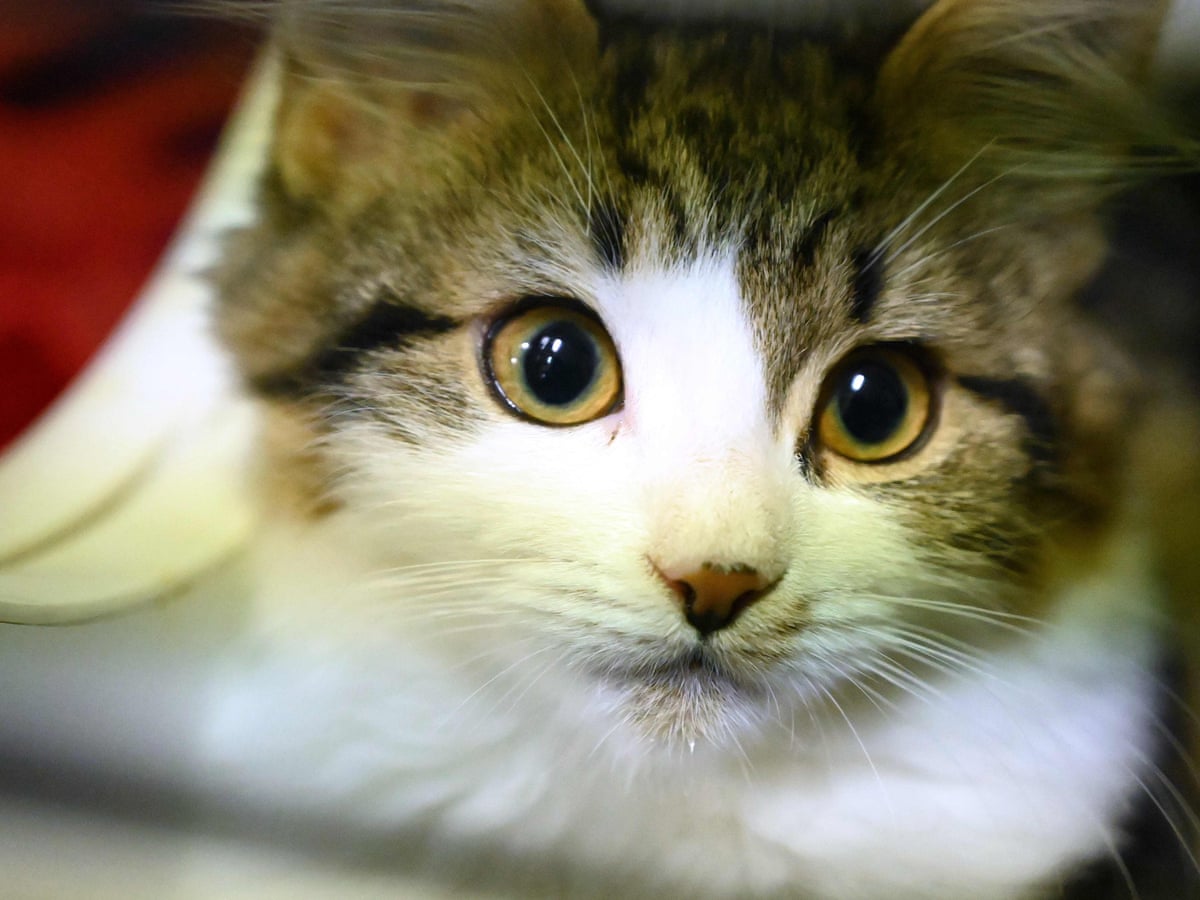

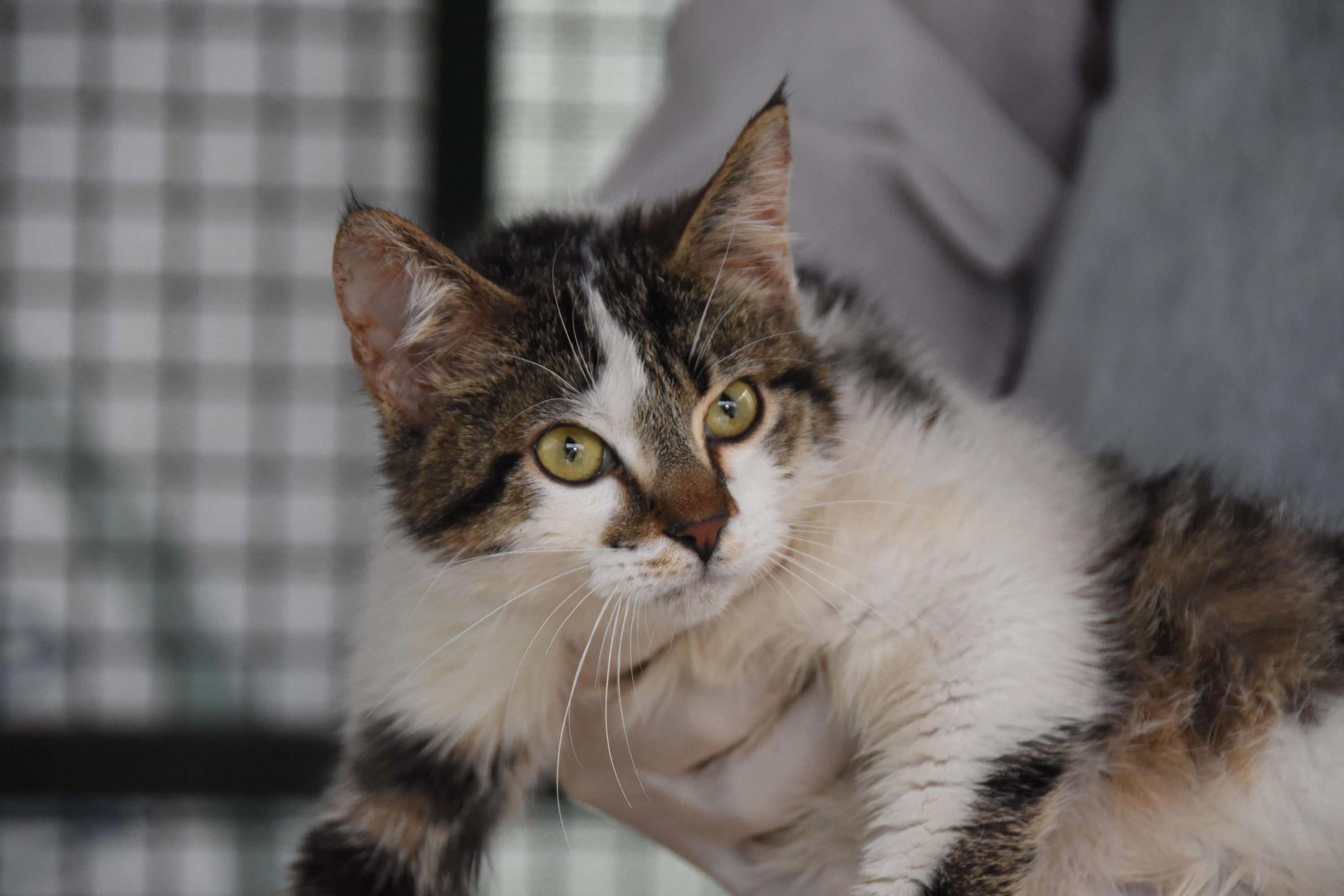
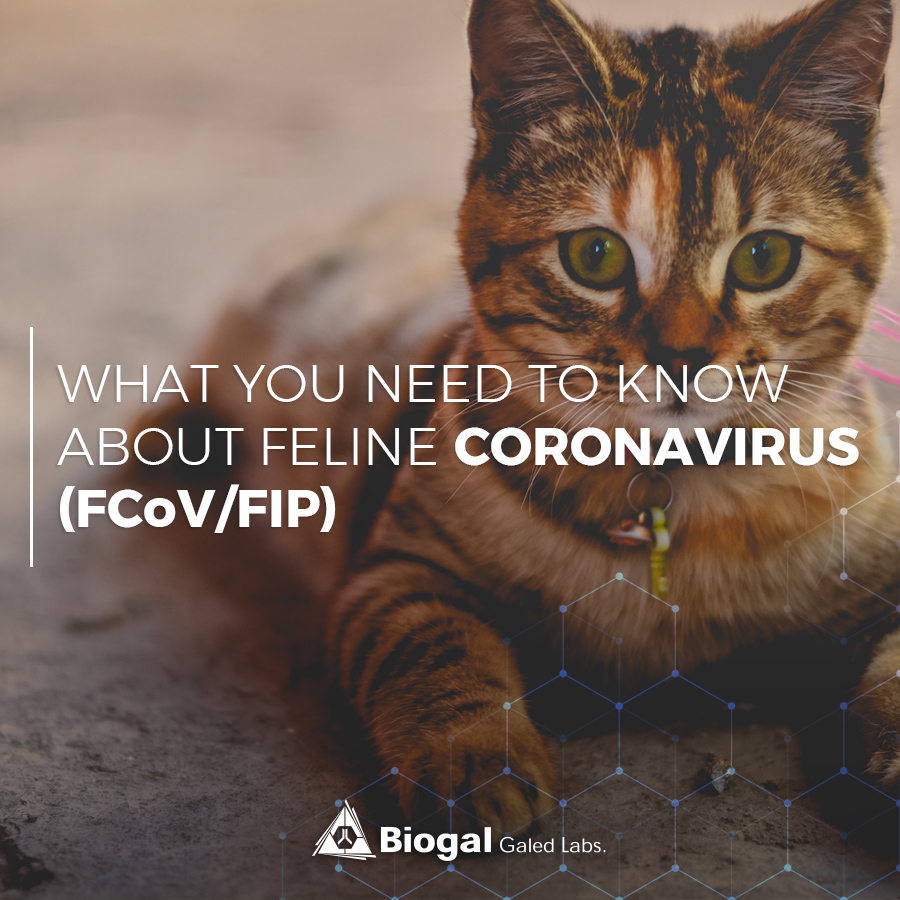
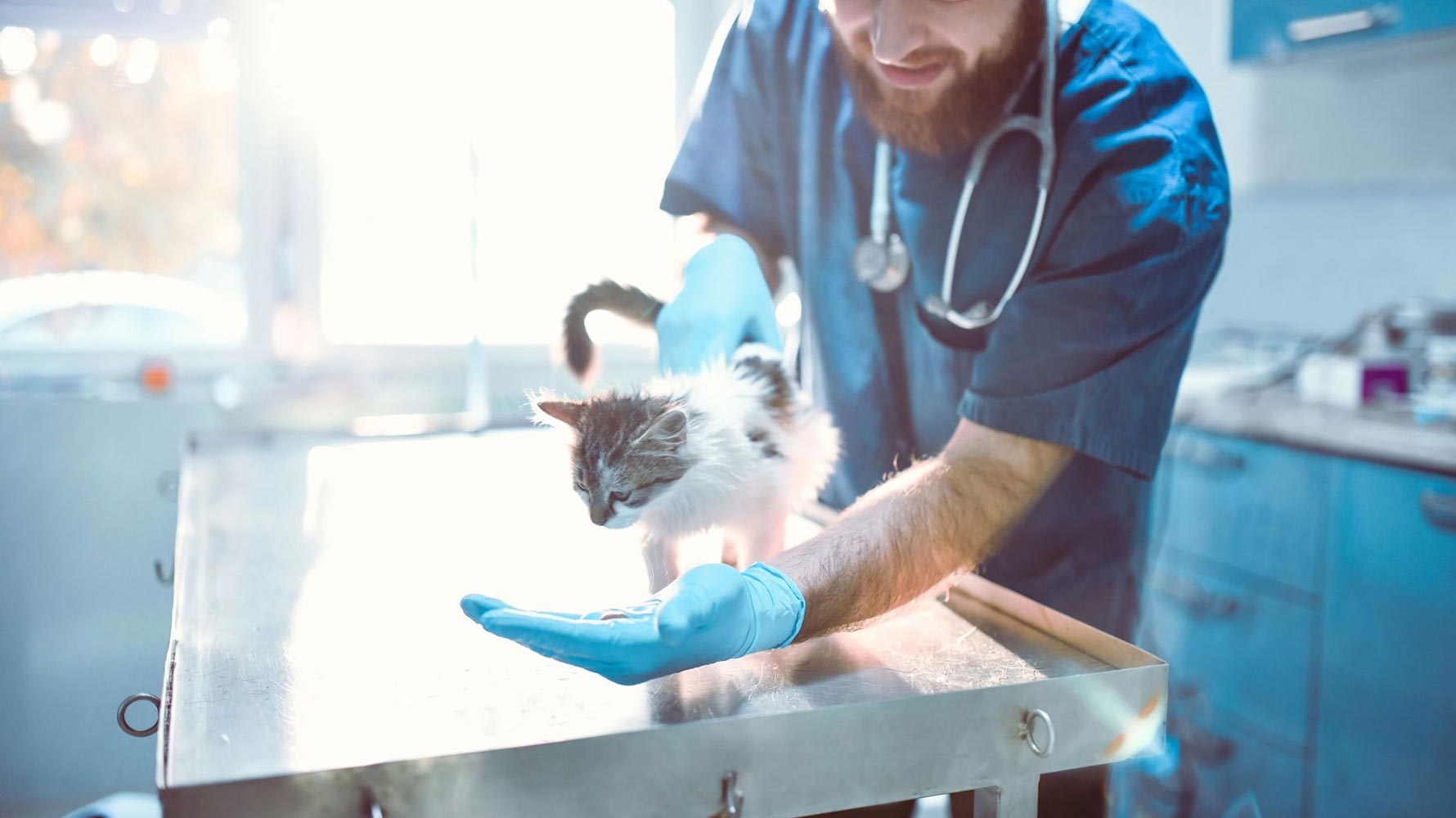




/GettyImages-972196936-c03294a9270b46ca96d5cf89e8b36f3b.jpg)
